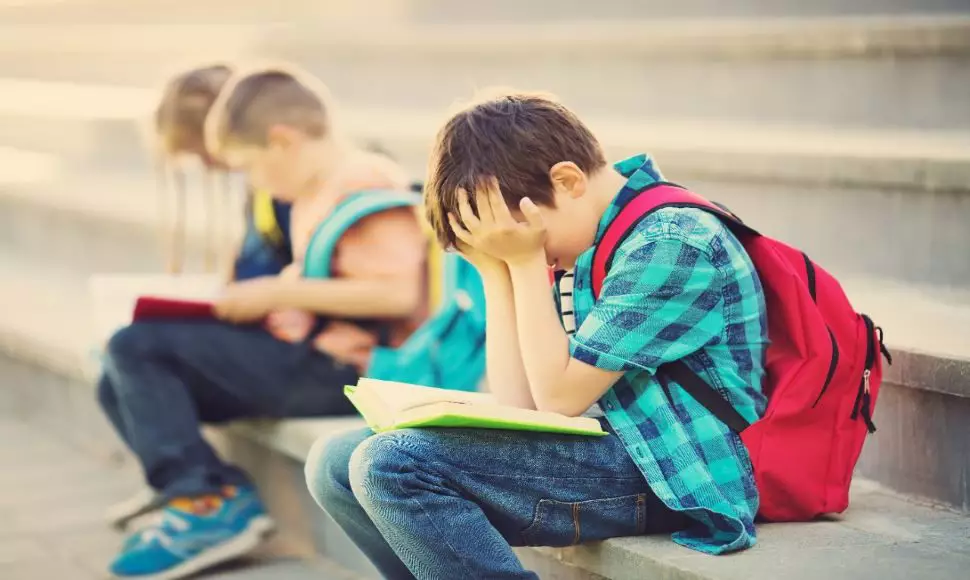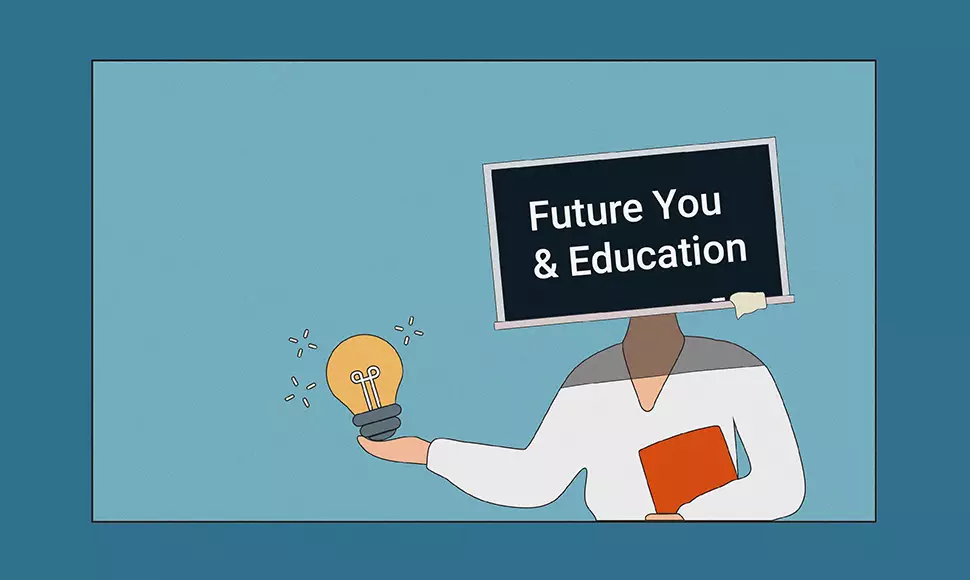You’re done with traditional schools (for your kids).
Is it time for a micro-school?
Ã˝
When some parents look back on 2020, the trials and tribulations of homeschooling will undoubtedly continue to cause a shudder of despair. Yet, for others, remote learning was an opportunity to rethink education altogether. And perhaps no word sums up this reevaluation better than "micro-schools."
While micro-schools actually pre-date the pandemic, the term began to be applied to what were really "learning pods" — small groups of multi-age children whose parents banded together to keep them on track with online learning. ("Alone together," after all, is less scary than just "alone" with your kids and fourth-grade math.)
Some of these so-called learning pods rotated teaching duties among parents. Others hired retired or out-of-work teachers. Some simply fizzled out with time. But the concept took hold among parents who worried their kids might fall behind or who saw the advantages of smaller classrooms and one-on-one instruction. And it is those advantages, coupled with parents’ interest in alternative formats, that suggest micro-schools are here to stay.
Ã˝
Ã˝
A brief history of the micro-school
"Micro-schools were a growing phenomenon before the pandemic," says , senior strategist at . "While I expect their growth to stall somewhat, I [also] expect more innovations in that field to create more viable models for families."
Horn would know. He is a frequent author and thought leader on the subject of education. What’s more, he and his wife actually embarked on their own when COVID struck.
While learning pods and micro-schools are distinct entities, the terms are often used interchangeably in common discourse. Micro-schools, to be clear, are an intentional re-imagining of the one-room schoolhouse. Small groups of students representing varying age groups come together to learn via hands-on, project-based curriculum. Technology is often strongly utilized to offer greater context and knowledge, and students are differentiated according to ability rather than age or grade level.
In the U.S., micro-schools can be traced back to , says Lisa Ghormley, the associate dean and edTPA coordinator at ∆þ…´ ”∆µ‚Äôs College of Education. What began as a dare ‚Äî can you teach 12-year-olds about quantum physics? ‚Äî flourished into a nationwide trend that, as Ghormley puts it, "really took off with COVID."
During COVID-induced school closures, parents found both comfort and opportunity in teaming up to handle their kids’ education. While many of these pods disbanded with the reopening of schools (or when parents failed to agree on how the classroom should be run), their existence speaks to a larger issue around education. What can parents do when they are not satisfied with public schools but private schools are too costly?
Ã˝
The pros
"As a parent, I see the appeal," Ghormley admits. She points to the small class size and the project-based learning approach (which she says offers the highest level of learning) as two clear advantages.
"I would want that," she says. "All children learn differently, but [micro-schools are] kind of catching different learning styles in that setting."
Other pros include the opportunity to challenge and stimulate curiosity and learning among kids who feel stifled or bored in traditional classroom settings. And parents, Ghormley adds, enjoy a lot of influence in how their kids learn in a micro-school, as opposed to traditional schools.
Then there’s the advantage of learning from people of all different ages. As Horn detailing his experience with micro-schooling, multi-age environments mirror real life.
Horn quotes author as writing, "There is nothing natural about segregating kids by age. That isn’t how families work; it isn’t what the world looks like; and it runs counter to the way that kids have learned and socialized for most of human history."
Ã˝
Ã˝
The cons
However, before you pull your kids out of public school, Ghormley points out that micro-schools are to an imperfect system.
For starters, she says, "there are no guidelines for the curriculum." There are also no regulations around who can be hired to teach it. While that means you might get lucky with a wonderfully effective educator, the opposite can also be true.
Beyond that, there are still a lot of questions around what is essentially a new educational option. Who, Ghormley asks, is accountable if a student fails? What, she continues, are the effects of missing out on traditional school experiences like field day and science fairs? And then, of course, there are the issues of funding and equity.
For micro-schools funded by parents, Ghormley points out how opportunity gaps are natural consequences. This was especially true during COVID when only well-resourced families could afford to finance the salary of a dedicated educator.
"Education experts say fundraising efforts and ‘pod scholarships,’ however well-meaning, are no solution for millions of low-income parents juggling the educational, child care and economic challenges of the pandemic," Ghormley explains.
Ã˝
Ã˝
The future
The other option — to have the government regulate these schools — brings a different set of challenges. In Wisconsin, is being proposed that would make micro-schools a viable option for families that’s on par with public or charter schools. The catch? They aren’t eligible for state funding. So, if a student leaves public school to attend a micro-school, the public school loses that per-student money … and the micro-school gets nothing.
At least, Ghormley says, legislating micro-schools will help resolve some of the regulatory concerns, even if it raises new funding ones.
For now, micro-schools remain the wild west of educational models. You might strike gold; you might strike out.
The best way to approach micro-schools, Ghormley advises, is much the same way you would explore a public or private option. Research a given school to understand if it’s affiliated with any school districts, ask how teachers are hired and understand what is taught. From there, it’s up to you and your child(ren) to decide if it makes the grade.
Ã˝






